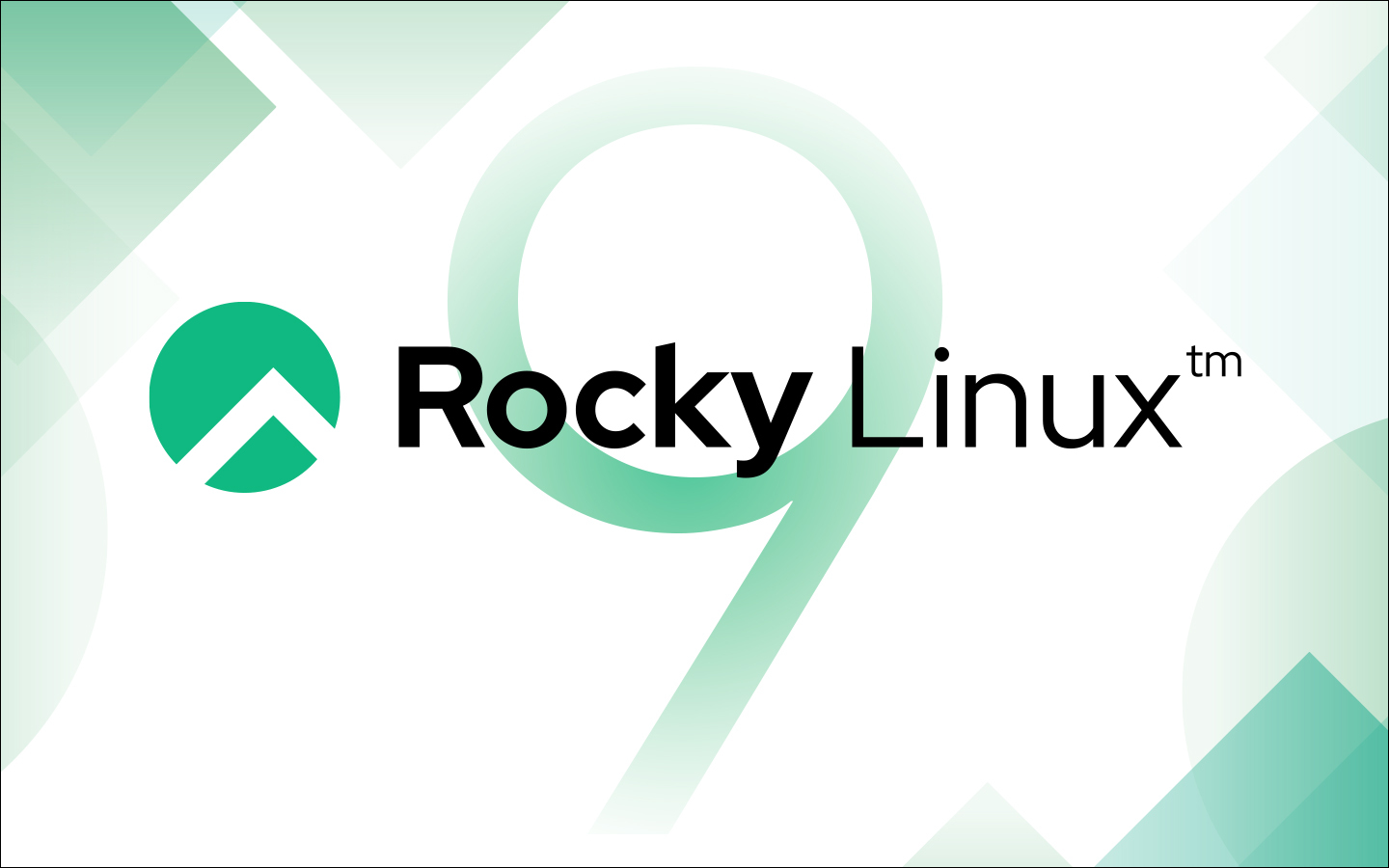Rocky Linux: A Secure, Stable, and Reliable
Rocky Linux: A Secure, Stable, and Reliable Alternative to CentOS for Web Servers
The discontinuation of CentOS left many users searching for a stable, production-ready Linux distribution suitable for web servers and enterprise environments. Enter Rocky Linux, a community-driven operating system developed by the original creators of CentOS. Rocky Linux not only fills the gap left by CentOS but also offers a more robust and secure platform for businesses, developers, and IT administrators.
In this article, we explore the origins of Rocky Linux, its key features, advantages, and why it’s the best option for web servers in today’s enterprise landscape.
What Is Rocky Linux?
Rocky Linux is a free, open-source enterprise Linux distribution designed to be 100% bug-for-bug compatible with Red Hat Enterprise Linux® (RHEL). It was created in response to Red Hat’s decision to shift CentOS from a stable downstream distribution of RHEL to CentOS Stream, a rolling-release model.
This shift left many organizations in a lurch, as they relied on CentOS for its stability and long-term support. To address this, Gregory Kurtzer, one of the original CentOS co-founders, launched Rocky Linux in December 2020. The project is named after Rocky McGaugh, another co-founder of CentOS, as a tribute to his contributions.
Rocky Linux has quickly gained traction in the Linux community, becoming a trusted choice for businesses and individuals seeking an enterprise-grade operating system.
Key Features of Rocky Linux
1. Bug-for-Bug Compatibility with RHEL
Rocky Linux is built directly from RHEL sources, ensuring full compatibility. This means that users can run software and applications designed for RHEL without any modifications. It also guarantees that Rocky Linux inherits RHEL’s proven stability and reliability.
2. Community-Driven Development
Unlike CentOS Stream, which is upstream of RHEL, Rocky Linux is developed by a community of users, sponsors, and developers. This ensures that the distribution remains focused on the needs of its users rather than corporate interests.
3. Long-Term Support
Rocky Linux offers a 10-year support lifecycle, including regular updates and security patches. This makes it an excellent choice for long-term projects and enterprises that require a stable platform for critical operations.
4. Easy Migration Tools
Switching to Rocky Linux is a breeze, thanks to its free migration script. Users can easily transition from CentOS, RHEL, or other enterprise Linux distributions without downtime or significant reconfiguration.
5. Cost-Free Enterprise Features
One of the most significant advantages of Rocky Linux is that it provides enterprise-level features at no cost. This includes regular updates, robust security measures, and compatibility with modern hardware and software.
Why Rocky Linux Is the Best Option for Web Servers
Web servers are the backbone of the internet, and their operating systems must be secure, stable, and reliable. Rocky Linux checks all these boxes, making it the ideal choice for hosting websites, applications, and other online services.
1. Superior Stability
Rocky Linux inherits its stability from RHEL, making it a rock-solid option for web hosting. Unlike rolling-release distributions, which can introduce instability with frequent updates, Rocky Linux focuses on consistent and reliable performance. This is crucial for maintaining high uptime, especially for production environments.
2. Security-First Approach
Security is a top priority for web servers, and Rocky Linux excels in this area. With regular security updates, patches, and built-in features like SELinux (Security-Enhanced Linux), Rocky Linux provides robust protection against threats. SELinux enforces strict access controls, reducing the risk of unauthorized access or data breaches.
3. Flexibility for Modern Workloads
Whether you’re running traditional LAMP stacks (Linux, Apache, MySQL, PHP) or modern containerized applications with Docker and Kubernetes, Rocky Linux can handle it all. Its compatibility with popular software and frameworks ensures seamless integration with existing workflows.
4. Performance Optimization
Rocky Linux is optimized for performance, making it ideal for handling high-traffic websites and resource-intensive applications. Its efficient resource management ensures that your web servers run smoothly, even under heavy loads.
5. Comprehensive Documentation and Support
The Rocky Linux community provides extensive documentation, tutorials, and forums where users can seek help and share knowledge. This makes it easier for administrators to troubleshoot issues and implement best practices for web hosting.
Advantages of Choosing Rocky Linux
1. Continuation of the CentOS Legacy
For many users, Rocky Linux represents a continuation of the CentOS legacy. It maintains the same principles of stability, compatibility, and community-driven development that made CentOS so popular.
2. Cost Savings
Rocky Linux is completely free to use, making it a cost-effective alternative to RHEL and other proprietary enterprise operating systems. Businesses can allocate their budgets to other critical areas without compromising on quality or reliability.
3. Open-Source Philosophy
As an open-source project, Rocky Linux encourages transparency and collaboration. Users have the freedom to modify, redistribute, and contribute to the project, fostering innovation and inclusivity.
4. Enterprise-Ready Features
Rocky Linux offers enterprise-grade features such as high availability, scalability, and advanced security tools. These features make it suitable for a wide range of use cases, from small businesses to large corporations.
5. Easy Integration with Cloud Services
Rocky Linux works seamlessly with major cloud providers like AWS, Google Cloud, and Microsoft Azure. This makes it an excellent choice for businesses moving to the cloud or running hybrid environments.
Security Features of Rocky Linux
In today’s digital landscape, security is paramount, especially for web servers that are constantly exposed to potential threats. Rocky Linux incorporates several security features to safeguard your systems:
- SELinux: Enabled by default, SELinux provides mandatory access controls to protect sensitive data.
- Regular Updates: Frequent patches and updates ensure that vulnerabilities are addressed promptly.
- Secure Boot: Rocky Linux supports Secure Boot, preventing unauthorized software from running during the boot process.
- Encryption: Built-in tools for disk and file encryption protect data at rest and in transit.
- Firewall and Networking Tools: Advanced firewall configurations and networking tools enhance system security and prevent unauthorized access.
Migration Made Simple
Transitioning to a new operating system can be daunting, but Rocky Linux simplifies the process with its easy-to-use migration tools. The migration script allows users to switch from CentOS, RHEL, or other similar distributions with minimal effort.
The migration process involves:
- Backup: Create a full backup of your system to ensure data safety.
- Run the Script: Use the official migration script to convert your existing system to Rocky Linux.
- Verification: Verify that the migration was successful and that all applications and services are functioning correctly.
This straightforward process has made Rocky Linux a preferred choice for businesses looking to replace CentOS without disruption.
The Future of Rocky Linux
The Rocky Linux project continues to grow, with a dedicated community and long-term commitments from sponsors and partners. Its rapid adoption across industries demonstrates its value as a stable and secure enterprise operating system.
Future developments may include enhanced tools for cloud integration, improved support for containerized applications, and even more robust security features. With its community-driven approach, Rocky Linux is well-positioned to adapt to the evolving needs of its users.
Conclusion
Rocky Linux is more than just a replacement for CentOS—it’s a testament to the power of community-driven development and open-source innovation. With its enterprise-grade stability, robust security features, and cost-free model, Rocky Linux is the best choice for web servers and other critical applications.
Whether you’re managing a single web server or an entire enterprise infrastructure, Rocky Linux offers the reliability and performance you need to succeed. Transitioning to Rocky Linux is not just a smart decision; it’s an investment in a secure and stable future for your IT operations.
Experience the “rock solid” performance of Rocky Linux today and join a thriving community dedicated to keeping enterprise Linux open, free, and accessible for all.



0 thoughts on “Rocky Linux: A Secure, Stable, and Reliable”